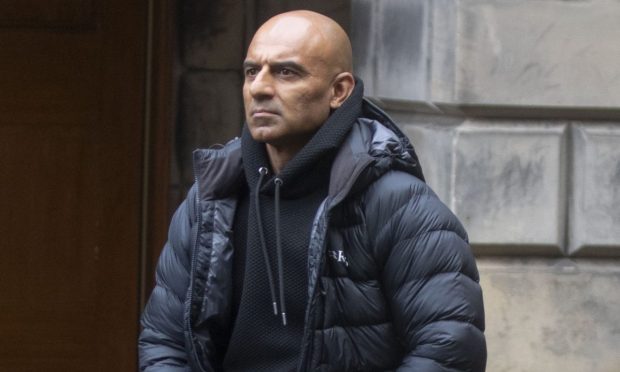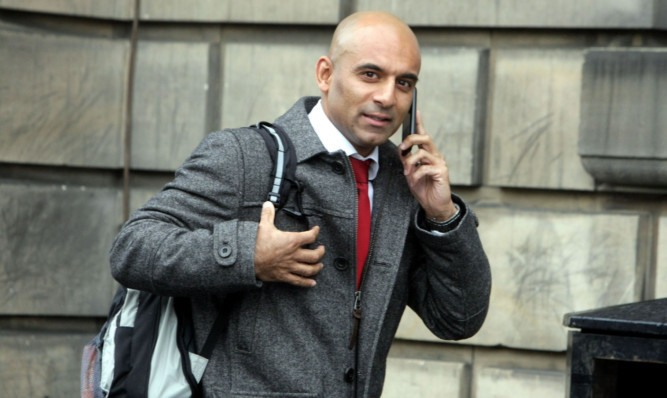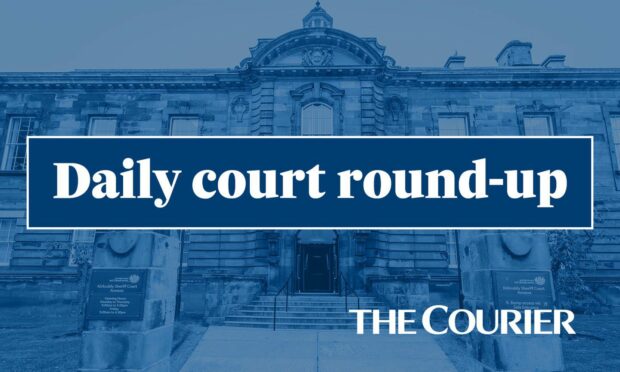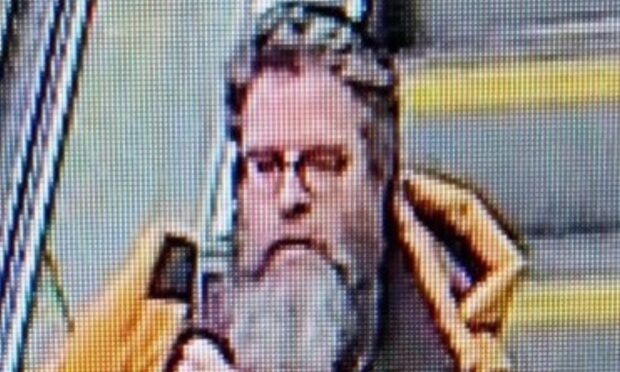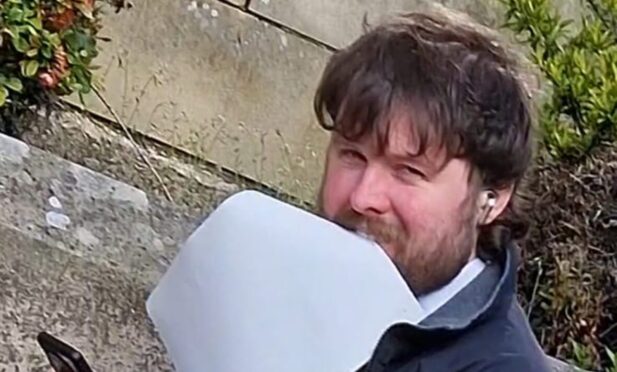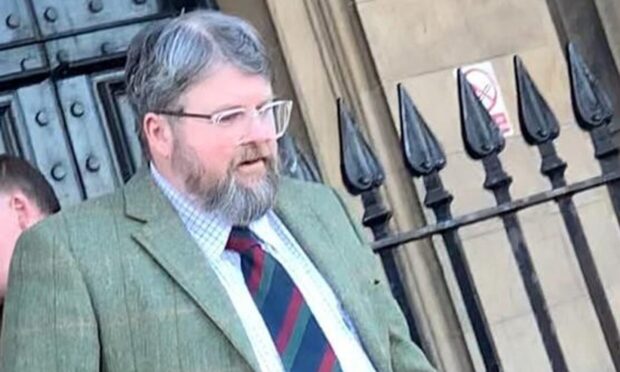A Broughty Ferry businessman who made millions from a complex VAT fraud has agreed to hand over a further £83,000 to settle a second proceeds of crime action.
Prosecutors launched a proceedings against Shahid Ramzan 11 years after he was given a prison sentence by judge Lord Brailsford at the High Court in Glasgow.
Lawyers for former DJ and pop promoter Ramzan, 51, settled the latest action at the High Court in Edinburgh on Monday.
In April 2015, prosecutors had launched a first proceeds of crime action against Ramzan, which ended him handing over £240,000.
It was agreed he had made £6.8 million from his life of crime but only had £240,000 available then.
The law governing proceeds of crime action allows the prosecution to return to court to seize more money if they are able to identify further funds.
Crown lawyers identified new assets which prompted them to raise the latest action.
On Monday, prosecutor Dan Byrne KC and defence advocate Bryan Heaney told judge Lord Young they had agreed the accused should hand over another £83,000 within six months.
Started trading from home
Ramzan was found guilty on a total of five charges including evading – either alone or with others – VAT payments of £5,611,839 between October 2002 and July 2004.
He was also found guilty of transferring or hiding “criminal property” of £20,610,213.
Passing sentence in January 2013, Lord Brailsford described Ramzan’s offending as being “serious crimes of dishonesty.”
During his high court trial, jurors heard how Ramzan began his life in business trading from a bedroom in his home with only a telephone, a fax machine and a computer that could access the internet.
Prosecutors believed his international dealing was only a cover for his real business, exploiting loopholes in VAT regulations, along with others who were using a scam called Missing Trader Intra Community (MTIC) fraud.
The court heard how wannabe actor Ramzan, who had a bit-part role in Ken Loach film Ae Fond Kiss, set up front companies as a way of exploiting his earnings from Scotland.
His companies were legally Spanish and had addresses in Barcelona and Madrid on the stationery but the firms were operated from Dundee, with a Kilmarnock-based bank account.
Complex fraud
The Crown had to call tax experts to explain how MTIC worked.
They told jurors how the scam saw Ramzan set up a chain of deals which were difficult to follow.
An importer would buy goods without VAT because they came from another European country
When resold in the UK, the new customer would pay VAT but the importer would not hand it over to the authorities.
After passing from one so called “buffer” company to another, a broker would finally export the same items claiming a VAT refund.
By then the original missing trader would have disappeared, gone bust or been revealed as a bogus company which had hijacked a genuine business’s VAT details.
Customs and Excise would then be out of pocket, with little or no chance of recovering the VAT to match the refund.
Ramzan’s companies played both the parts of buffer and missing trader during the scams.
Mobile phones and compute parts were favourite items for dodgy business involved in the racket.
£115 million in original charge
Ramzan had originally been accused of hiding close to £115 million until defence KC Murray Macara argued only the VAT should appear in the charge and not the total turnover.
Passing sentence, Lord Brailsford told Ramzan his crimes required intelligence to plan, organise and execute.
He added: “These fraudulent schemes were carried out over a prolonged period of time between October 2002 and July 2004.
“As a result of this conduct the public purse has been deprived of revenue which it was entitled to.
“You do not in the main accept responsibility for these offences and further consider that others should be prosecuted.”
Ramzan was declared bankrupt in 2016.
For more local court content visit our page or join us on Facebook.
